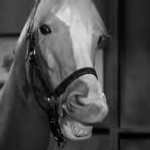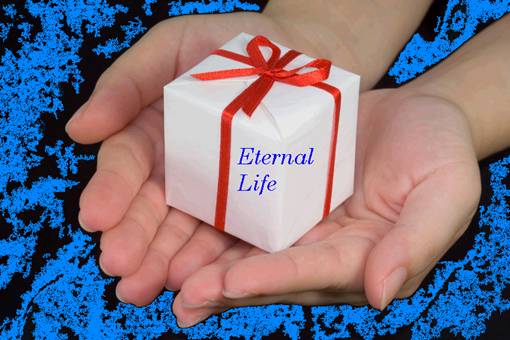The main question that people ask themselves when they encounter the idea of eternal life, and perhaps one of the biggest questions that each of us here in the group asks ourselves, is it possible?
Because if it’s not possible, then why even try?!
Most people on the planet are 100% sure that no human has a chance of living forever. They will say it’s a delusional dream, scoff and reject the idea outright.
The question that interests me here is, what do people see as possible or impossible? What determines a person’s belief system when they decide that something is impossible?
 To get an answer, you should approach the children and talk to them (look for the little people who haven’t broken yet), because with them the truth is much more visible and they see reality through fewer filters.
To get an answer, you should approach the children and talk to them (look for the little people who haven’t broken yet), because with them the truth is much more visible and they see reality through fewer filters.
If you ask a child if he thinks a horse can talk, he will say he can’t. The answer will come from what he saw happening in reality, versus what he didn’t see happening.
If after a minute the child sees a talking horse, his answer will be reversed in an instant.
He’ll start to believe that horses talk, and he’ll be totally fine with that.
If an adult sees a talking horse, he will most likely pass out immediately, and when he wakes up, he will think he had a delusional dream about a talking horse.
So what is the difference between the child and the adult? Why does the child accept an illusory reality as a natural state, when the adult will enter existential anxiety?
The answer lies in the depth of a person’s self-conviction about reality. How much the fixation managed to assimilate into the individual’s belief system, and how open it is to change.
Because you can’t see a talking horse, and a moment after that go to work and continue as usual, right??
This is a powerful experience that will surely affect the person in an extreme way and dismantle a significant part of his belief system. And if this is a belief as fundamental as life and death, who would want to approach the danger zone that threatens to destroy the land on which it stands?!
It is much easier for children because they are in the process of changing and learning, and they have not yet established a stable belief system about life.
When I asked children if they wanted to live forever, most of them enthusiastically answered yes. After all, what sane child would want to die? Right?
When I asked grown people the same question (today I asked a young girl and her answer was an absolute “no”) more than 99% answered me that they did not want to live. And it’s not because they lost the child’s joy of life or because life became difficult, they simply answered me from what they thought was possible and not into themselves to find out what they really wanted.
The answer they gave that they would rather die, was out of a human need to be equal with the general, out of the herd instinct that tells a person that the majority knows what is good for everyone. It is an age-old survival instinct that is encoded in all of us, yet some of us manage to see the true will against the drift of the masses being led to their end.
And if we go back to the example of the horse and connect it to our eternal life, then our mind is saturated with a one-sided belief about the possibility of defeating death, which was assimilated in us many years ago, even before we knew how to read and write. People think it’s not possible just because they haven’t seen anyone do it.
And in a moment someone here will ask: “But how do we even know if we have met someone who lives forever?”
My answer to you friend: “How do you know you haven’t met such a person?”
After all, if you’ve met me, I assume he doesn’t walk around the world with a note on his forehead that says: “I live forever.”
Suggesting that we open ourselves to more possibilities regarding what is possible in this world, to be attentive and to be faithful students of reality. Because if we agree to remain open and curious long enough, the answers will come.
Instead of looking for proof of eternal life outside, let’s become proof that it is possible. And if the way there is unknown and known, then here we have a wonderful opportunity to invent it.
Transcribed from Ilan Aviv’s lecture at the People Forever meeting in Israel


Leave A Comment